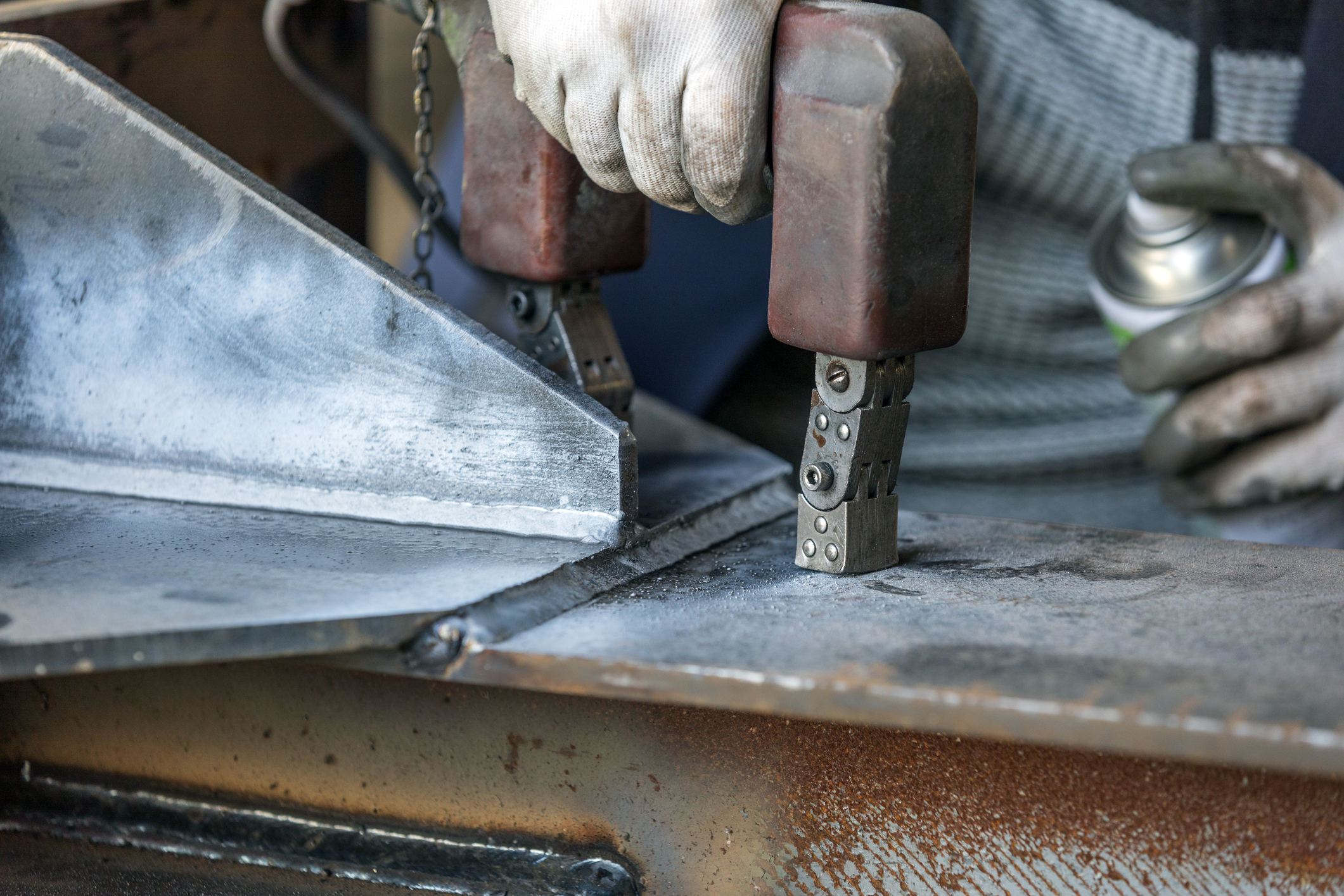The Power of Testing
At CanForge we use forging equipment like hydraulic presses and air hammers to manufacture reliable forgings for a wide range of industries. One of the most important parts of that process is quality testing.
We offer several testing measures to assure our customers that our forgings meet their expectations. Whether we’re forging stainless steel, aluminum, or titanium, these tests guarantee that the products will sustain the environment for which they were designed.
Read on to learn about the specific tests we offer as a nationwide forging supplier.
Non-Destructive Testing
One of the types of testing we offer here at CanForge is non-destructive testing (NDT). NDT assures that a forging is free of any flaws or mechanical defects by using non-invasive methods.
This type of testing is more cost-effective than others as it doesn’t require an additional piece to be forged for examination. Instead, the original product undergoes a series of mild tests that do not cause damage or compromise its structure. We provide our customers with the results of the test when the finished products are delivered.
We offer the following NDT testing methods:
- X-Ray Testing: X-Ray testing, also known as radiographic testing, uses radiation to identify any flaws. Rays pass through the forging and are able to determine whether or not there are any voids or variances in density.
- Ultrasonic Testing: High-frequency sound waves are used to determine any defects in the forging. This highly accurate testing method is used to detect discontinuities that are located deep within the forging’s internal structure.
- Magnetic Particle Testing: This type of testing method is used to determine if there are any cracks in the forging. During the test, the forging is magnetized in order to apply tiny iron particles that will build up in any areas where the magnetic field is distorted.
- Liquid Penetrant Testing: This method is used to detect leaks and cracks on the surface of a forging. For this test, the surface of the forging is cleaned before being applied with a fluorescent or visible-dye penetrant that will seep into any open areas. After cleaning the forging from any excess penetrant, a powder is applied onto the surface, which will identify any remaining penetrant within cracks.
Destructive Testing
Destructive testing on the other hand is the exact opposite. Destructive testing is a mechanical testing technique that verifies the mechanical properties, material composition and/or structure of a forging by using force.
During this type of test, controlled and measured forces are applied to a piece of forged material until it fails. At CanForge, destructive testing is carried out on a test coupon, extra forging, or a section of a forged workpiece that was removed from the final product.
Although this process does destroy the product, it is still highly favoured as it provides more information about the part and yields results that are easier to interpret. The results of destructive testing are provided upon delivery of the finished product.
We offer the following destructive testing methods:
- Tensile Testing: Measures a forging’s response to tension. Stress is applied by pulling the product, during which factors like strain and strength are measured.
- Stress-rupture Testing: Determines the length of time for a product to fail. Stress is continually applied until the forging collapses.
- Charpy Impact Testing: Records the amount of energy used to fracture the test piece of forging. The information gathered during the test can help determine how much energy is absorbed by the material before it breaks.
- Macro examination: Assesses the quality of a forging at low magnification to determine how porous it is and if there are any cracks present.
- Micro examination: Optimizes microscopic technology to note the microstructural properties of a forging that are unable to be seen by the naked eye.
- Grain size Testing: A forging’s grain size can be analyzed to determine the quality of the product. This testing method helps maintain a higher standard of quality control during the manufacturing of the forging.
The importance of testing
Through destructive and non-destructive testing, CanForge is able to guarantee top-tier forgings. Both methods work to prevent failure, safeguard assets, and assure quality and reliability by identifying any areas of concern before it’s too late.
Contact us today to learn more about how we optimize these testing methods to guarantee exceptional forgings.
